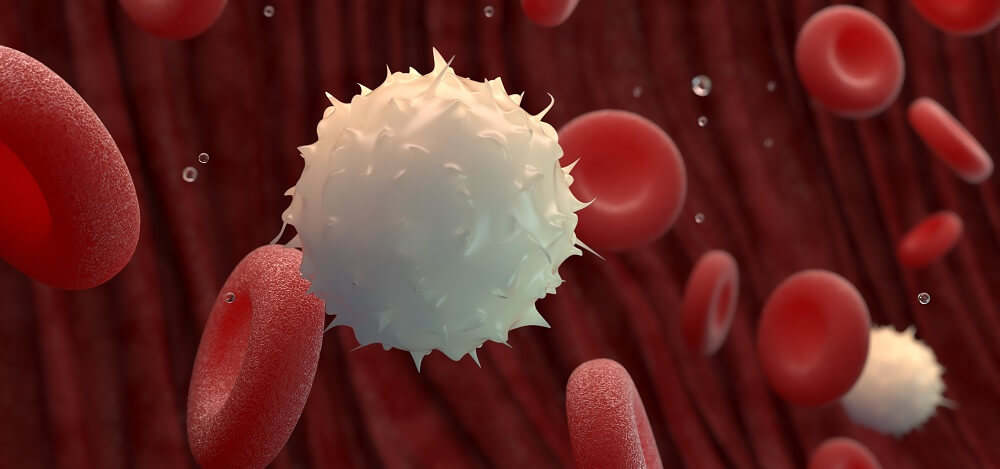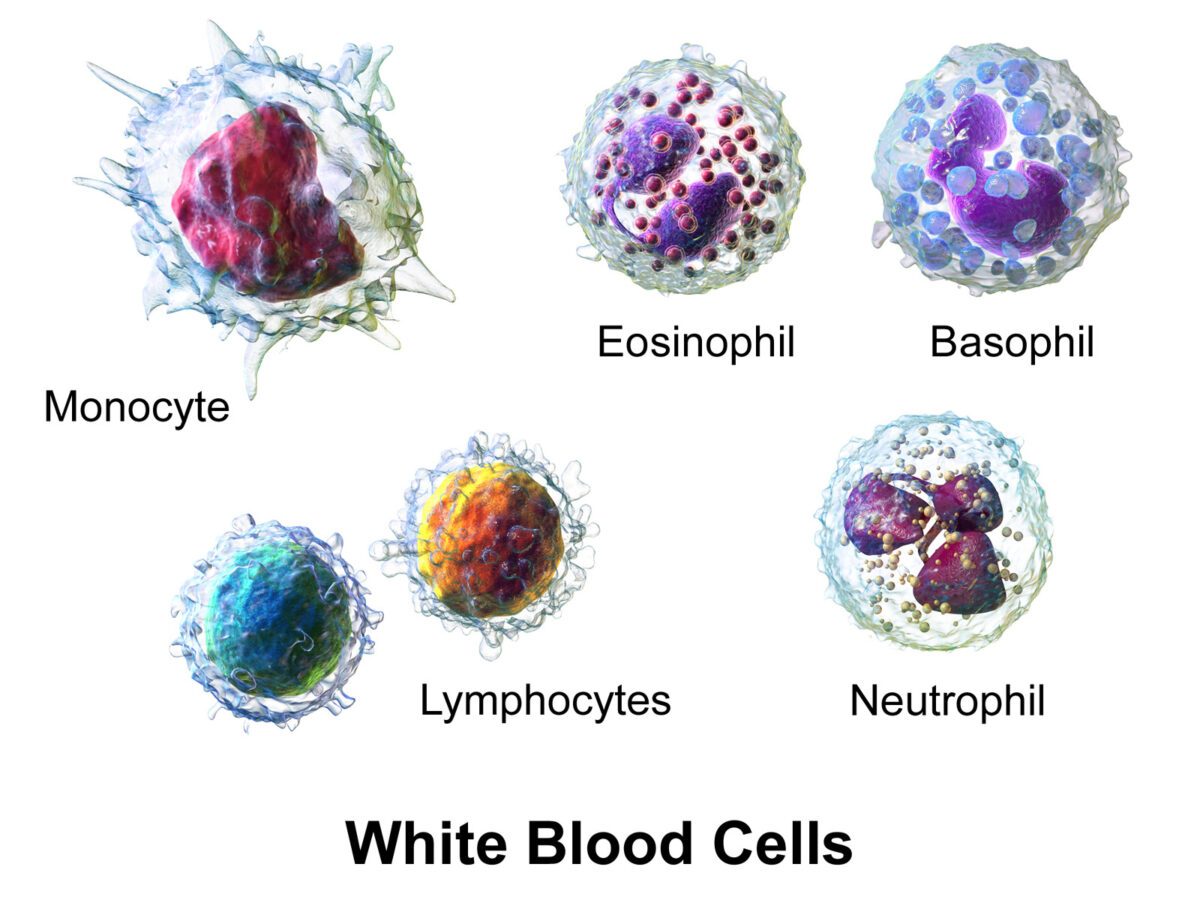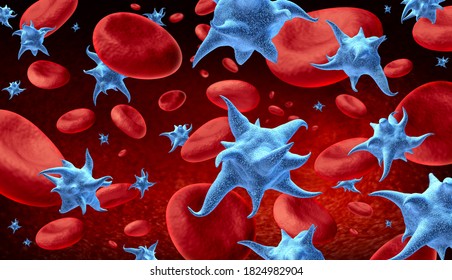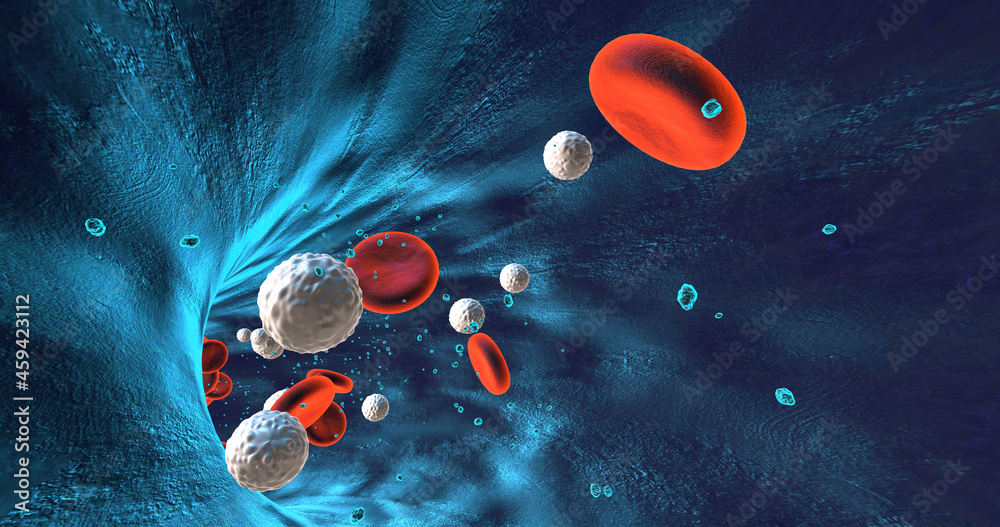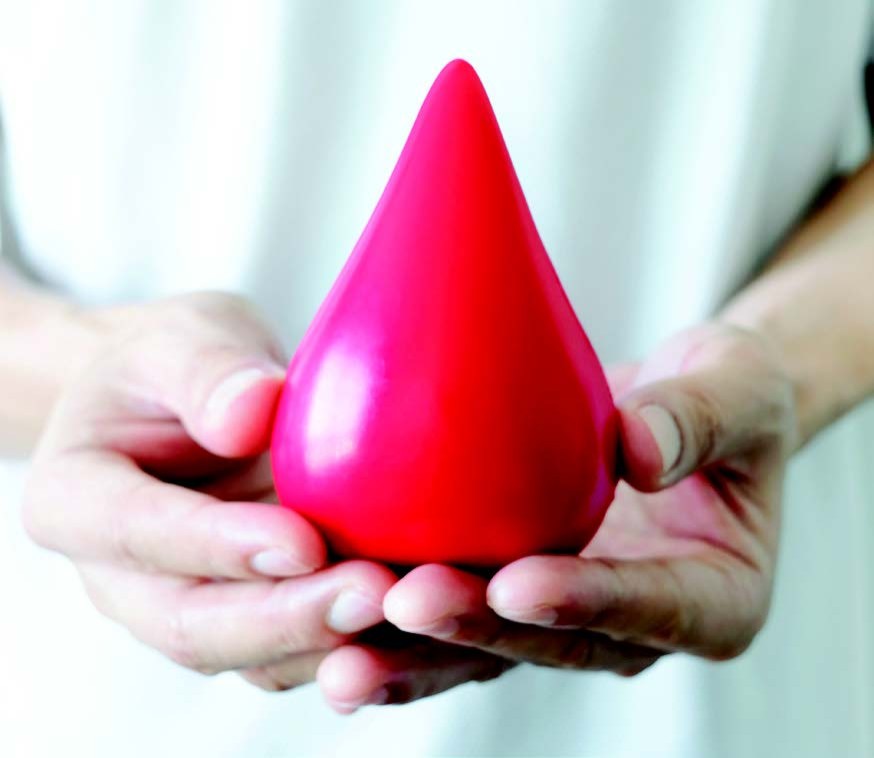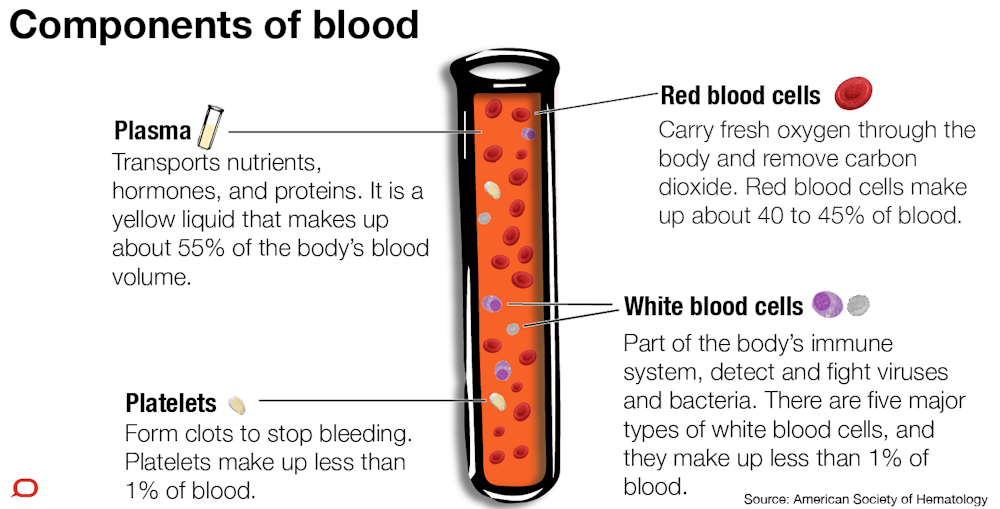What is a complete blood cell count (CBC)?
A CBC count is a measurement of size, number, and maturity of the different blood cells in the blood sample. A CBC can be used to find problems with either the production or destruction of blood cells. Variations from the normal number, size, or maturity of the blood cells can be used to mean there is an infection or disease process. Often with an infection, the number of white blood cells will be elevated. Many forms of cancer can affect the production of blood cells. For instance, an increase in the immature white blood cells in a CBC can be associated with leukemia. Blood diseases, such as anemia and sickle cell disease, will cause an abnormally low hemoglobin.
COMMON BLOOD TESTS
Regular blood testing is one of the most important ways to keep track of your overall physical well-being.
Getting tested at routine intervals can allow you to see the way your body changes over time and empower you to make informed decisions about your health.
How often should I get routine blood work?
Your doctor will typically recommend that you get routine blood work at least once a year, around the same time as your yearly physical.
But this is the bare minimum. There are several major reasons you may want to get blood tests more often than that:
You’re experiencing unusual, persistent symptoms. These could include anything from fatigue to abnormal weight gain to new pain.
You want to optimize your health. Knowing levels of various blood components, such as HDL and LDL cholesterol, can allow you to tweak your diet or fitness plan to minimize unhealthy habits (that you may not even realize are unhealthy). This can also maximize the nutrients you put in your body and more.
You want to reduce your risk of disease or complications. Regular blood tests can catch the warning signs of almost any disease early. Many heart, lung, and kidney conditions can be diagnosed using blood tests.
Talk to your doctor first if you want to get certain tests more often than once a year.
What are some routine tests and others I should ask about?
Some of the most common routine tests are:
- complete blood count (CBC)
- chemistry (basic metabolic) panel
- thyroid panel
- nutrient tests for levels of vital nutrients, such as iron or B vitamins
Some other tests that you may want include:
- enzyme markers if you’re at risk for cancer or other conditions like liver cirrhosis, stroke, or celiac disease
- sexually transmitted disease (STD) tests if you have multiple sexual partners or a new partner
Why do some blood tests require fasting?
- cholesterol tests
- blood sugar tests
- liver function tests
- kidney function tests
- basic metabolic panel
- glucose tests
- complete blood count (CBC): 24 hours
- basic metabolic panel: 24 hours
- complete metabolic panel: 24–72 hours
- lipid panel: 24 hours.



